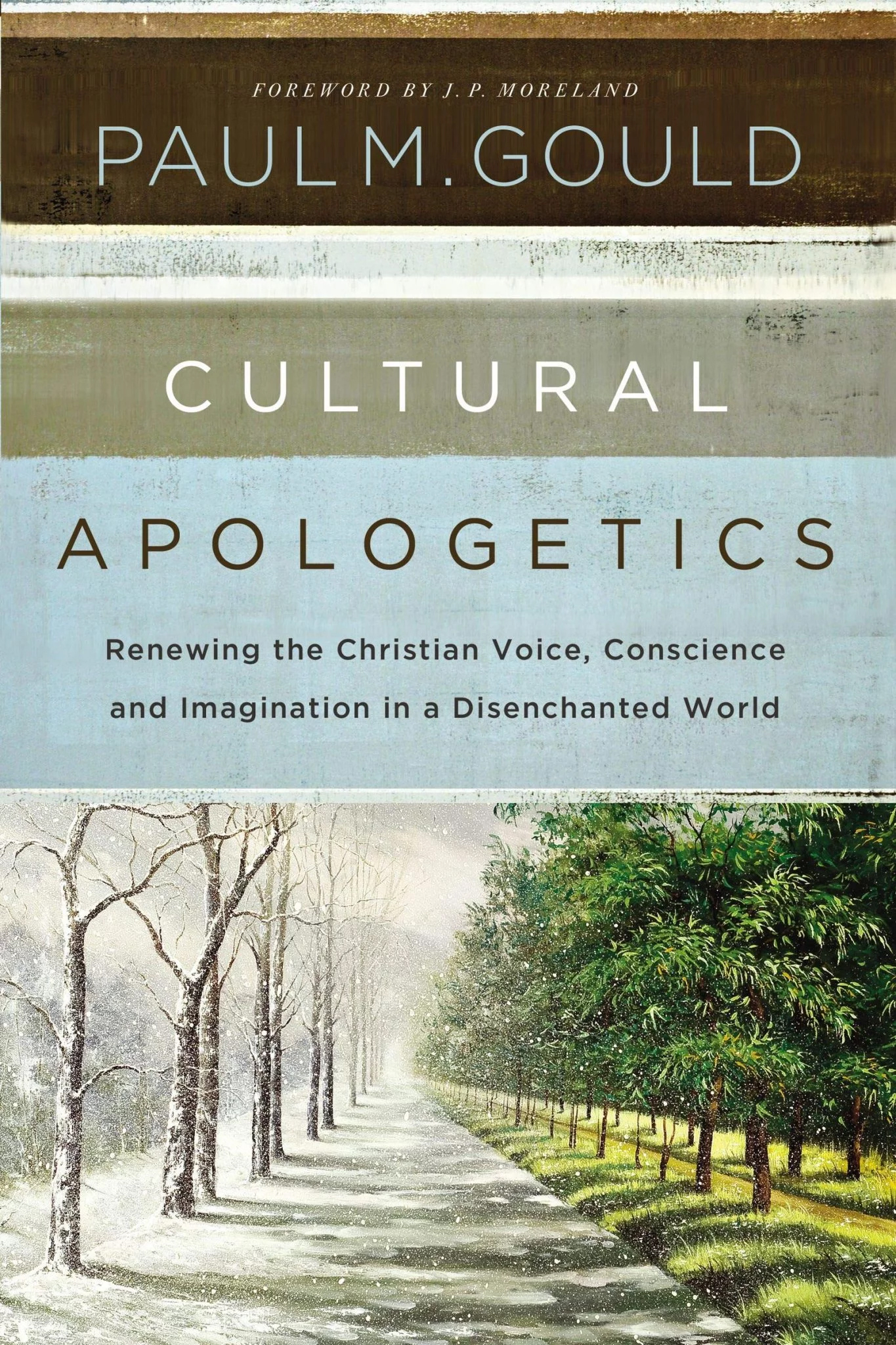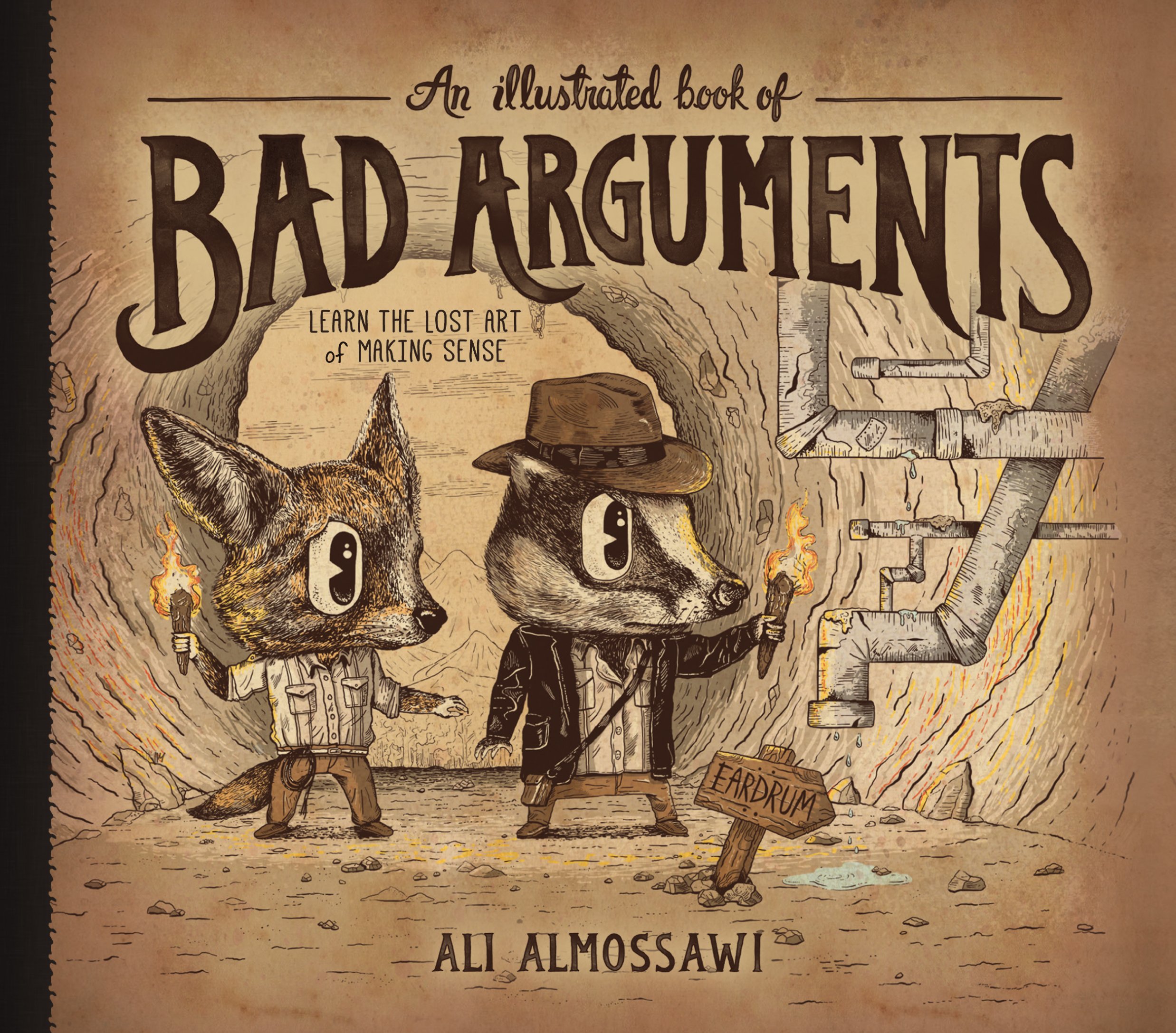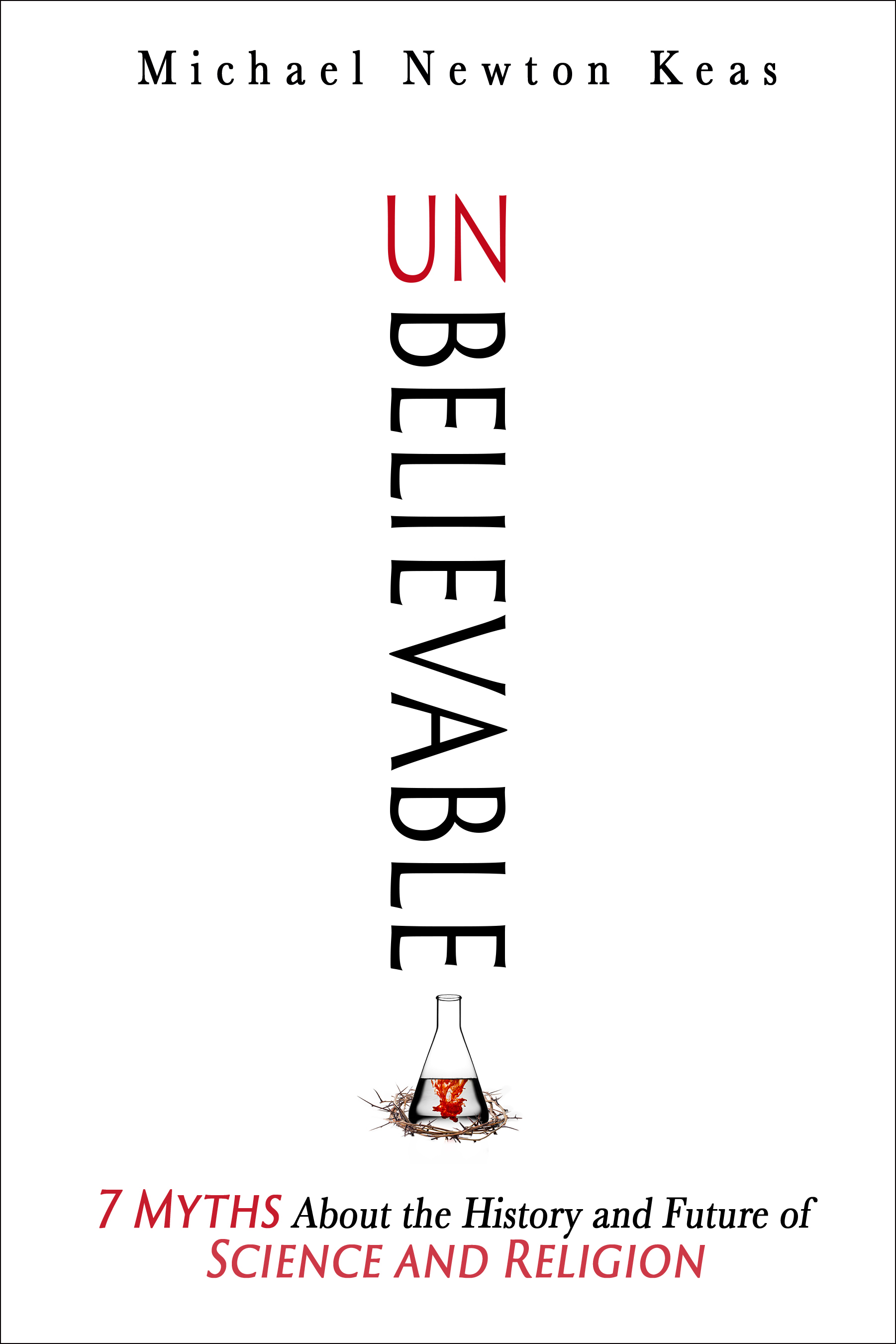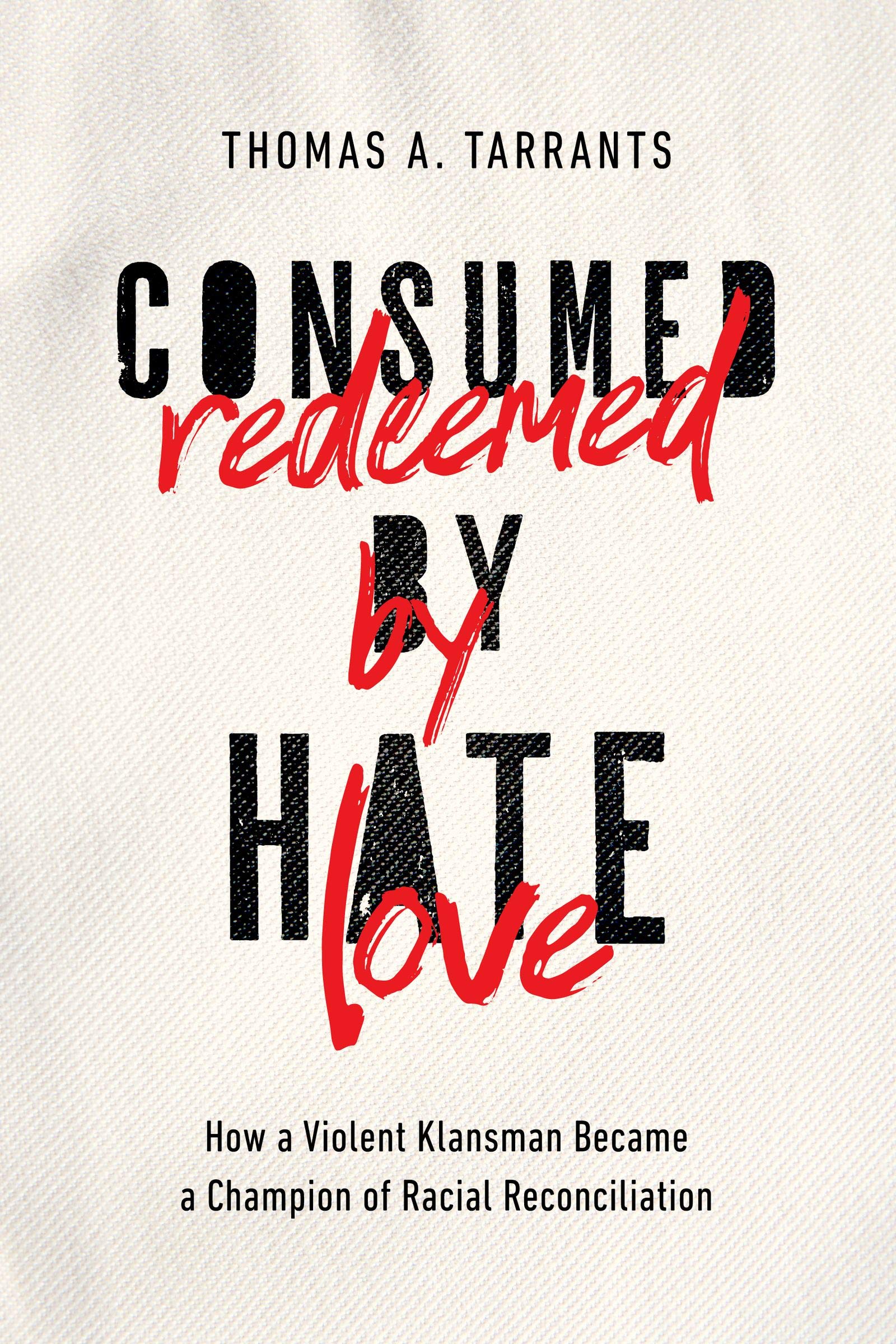Consumed by Hate, Redeemed by Love
-Thomas A. Tarrants
How a bomb-making white supremacist, once called “the most dangerous man in Mississippi,” met Jesus in prison and emerged a committed advocate for Christian discipleship, peace, and racial justice.
As a high school student in the 1960s, Tom Tarrants was seduced by extremist ideology and radicalized during the social upheaval of the era. Before long, he became involved in the reign of terror spread by Mississippi’s dreaded White Knights of the Ku Klux Klan, described by the FBI as the most violent right-wing terrorist organization in America.
Shot multiple times and arrested by police after an attempt to bomb the home of a Jewish leader in Meridian, MS, Tom was sentenced to thirty years in the Mississippi State Penitentiary. After recovering from near-fatal wounds, Tarrants and two other inmates escaped. An FBI SWAT team tracked them down, killing one of the convicts, and Tom spent the next three years alone in a 6’x9′ cell. Tom began a search for truth that led him to the Bible and a reading of the gospels, resulting in his conversion to Christianity and liberation from racial hate and violence.
After serving eight years of a thirty-five-year sentence, Tom attended college, moved to Washington, DC, and became co-pastor of a racially mixed church. He went on to earn a doctorate and became the president of the C.S. Lewis Institute, where he devoted himself to helping others become wholehearted followers of Jesus. A dramatic story of radical transformation, this book demonstrates that hope is not lost even in the most tumultuous of times, such as our own.
Cultural Apologetics
Renewing the Christian Voice, Conscience and Imagination in a Disenchanted World
-Paul M Gould
 The post-Christian world we inhabit today presents us with a mundane and disenchanted view of reality. Under the sway of materialism and science, we have been left with a way of seeing, thinking, and living that has no place for beauty and wonder. We now live in a world bereft of magic and mystery.
The post-Christian world we inhabit today presents us with a mundane and disenchanted view of reality. Under the sway of materialism and science, we have been left with a way of seeing, thinking, and living that has no place for beauty and wonder. We now live in a world bereft of magic and mystery.
Many–including many Christians–no longer perceive the world in its proper light. As a result, the Christian imagination is muted. Moreover, the church has grown anti-intellectual and sensate, out of touch with the relevancy of Jesus and how to relate the gospel to all aspects of contemporary life. As a result, the Christian voice is muted. In this age Christian wholeness remains elusive, blunting the church’s ability to present a winsome and compelling witness for faith. As a result, the Christian conscience is muted.
Cultural Apologetics addresses this malaise by setting forth a fresh model for cultural engagement, rooted in the biblical account of Paul’s speech on Mars Hill, which details practical steps for re-establishing the Christian voice, conscience, and imagination. Readers will be equipped to see, and help others see, the world as it is–deeply beautiful, mysterious, and sacred.
With creative insights, Cultural Apologetics prepares readers to share a vision of the Christian faith that is both plausible and desirable, offering clarity for those who have become disoriented in the haze of modern Western culture.
An Illustrated Book of Bad Arguments
 One of the best ways to improve your thinking is to study the common errors and pitfalls in reasoning. Learning about logical fallacies, or what makes an argument bad, is an essential element to becoming a more careful thinker. There are many resources for learning logic, and here’s another great one:
One of the best ways to improve your thinking is to study the common errors and pitfalls in reasoning. Learning about logical fallacies, or what makes an argument bad, is an essential element to becoming a more careful thinker. There are many resources for learning logic, and here’s another great one:
An Illustrated Book of Bad Arguments
And it’s free to read and absorb online.
Unbelievable
7 Myths About the History and Future of Science and Religion
-Michael Keas
 Unbelievable explodes seven of the most popular and pernicious myths about science and religion. Michael Newton Keas, a historian of science, lays out the facts to show how far the conventional wisdom departs from reality. He also shows how these myths have proliferated over the past four centuries and exert so much influence today, infiltrating science textbooks and popular culture.
Unbelievable explodes seven of the most popular and pernicious myths about science and religion. Michael Newton Keas, a historian of science, lays out the facts to show how far the conventional wisdom departs from reality. He also shows how these myths have proliferated over the past four centuries and exert so much influence today, infiltrating science textbooks and popular culture.
The seven myths, Keas shows, amount to little more than religion bashing—especially Christianity bashing.
![RW3 [Recovered]-02](https://rzimindia.in/engage/wp-content/uploads/2019/10/RW3-Recovered-02.png)
